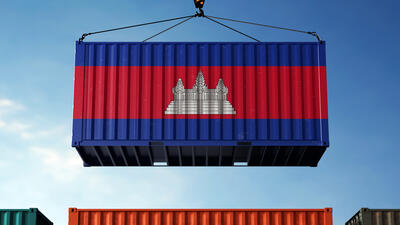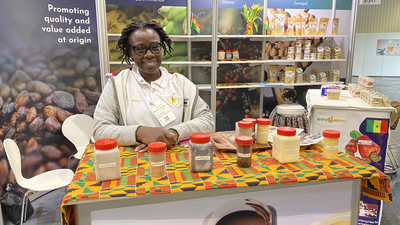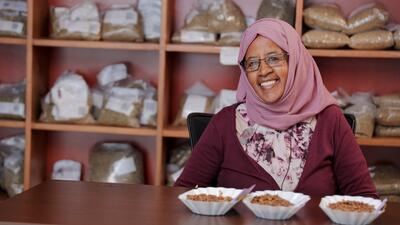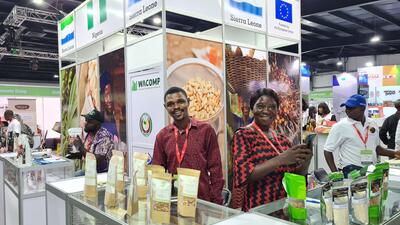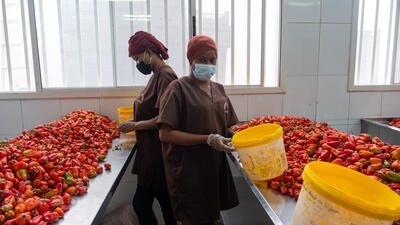
Goods from Cambodia, Djibouti, Senegal could face tariff increases as they lose preferential access to some markets
(Geneva) – Products exported from Cambodia, Djibouti and Senegal are set to face tariff changes in the next few years, as the countries ‘graduate’ from least developed country status, a sign of their economies stabilizing and growing.
Least developed countries are low-income countries that face significant obstacles to sustainable development. These countries receive special support measures, such as preferential market access, special treatment under World Trade Organization rules, technical assistance and capacity building. As these countries grow and develop, they move out of this category and stop receiving these support measures, a process known as ‘graduation’.
The Committee for Development Policy – a body of the United Nations’ Economic and Social Council – reviews the list of least developed countries every three years to determine which meet the graduation criteria. If countries meet graduation criteria twice in a row – as is the case for Cambodia, Djibouti and Senegal, following their second review in March 2024 – they become eligible for graduation.
Exploring the impact of ‘graduation’
Graduation can open up new opportunities for least developed countries, but it also requires countries to adapt to not having special support measures, in particular preferential market access conditions, and to understand the new conditions faced by exports.
Now countries will have to gauge what part of their exports would be affected by graduation, and how.
The latest edition of the International Trade Centre’s Trade Briefs – monthly insights into trending topics in the world of global trade, featuring trade data and analysis – looks at which sectors and markets will be affected by tariff changes, as a result of a country’s graduation from least developed country status.
Cambodia
- About a quarter (26%) of Cambodia’s exports could become more expensive in the EU and Canada, as the country graduates from its least developed country status in a few years.
- Cambodia’s apparel and textiles, leather products and vehicles will be among those sectors most affected, as the tariffs that will be charged on these products will increase in some markets.
Djibouti
- Nearly half (46%) of Djibouti’s exports could become more expensive in China and India, as the country graduates from its least developed country status in a few years.
- Djibouti’s chemicals, vegetal products and textiles will be among those sectors most affected, as the tariffs that will be charged on these products will increase in some markets.
Senegal
- More than a quarter (28%) of Senegal’s exports could become more expensive in India, the EU and China, as the country graduates from its least developed country status in a few years.
- Senegal’s chemicals, seafood and vegetal products will be among those sectors most affected, as the tariffs that will be charged on these products will increase in some markets.
For more information, check out the Trade Briefs on least developed country graduation.
The statistics in this press release are part of ITC's year-long #60Stats campaign, spotlighting timely trade-related data to celebrate its 60th anniversary.
Notes to the Editor
About the International Trade Centre - The International Trade Centre is the joint agency of the World Trade Organization and the United Nations. ITC assists small and medium-sized enterprises in developing and transition economies to become more competitive in global markets, thereby contributing to sustainable economic development within the frameworks of the Aid-for-Trade agenda and the United Nations’ Sustainable Development Goals.
For more information, visit www.intracen.org.
Follow ITC on X | Facebook | LinkedIn | Instagram | Flickr
Media contact
Susanna Pak
Senior Strategic Communications Officer
International Trade Centre
E: pak [at] intracen.org
T: +41 22 730 0651










